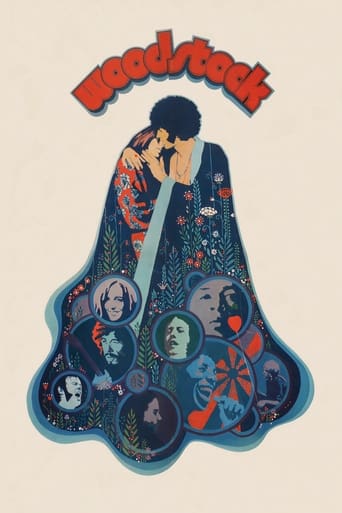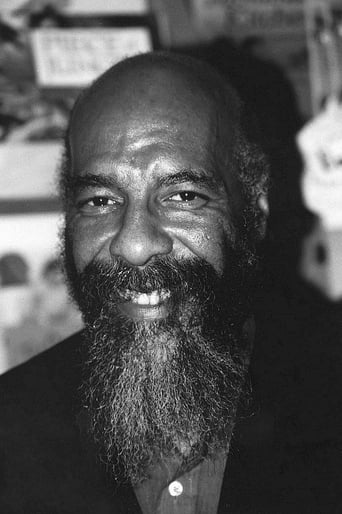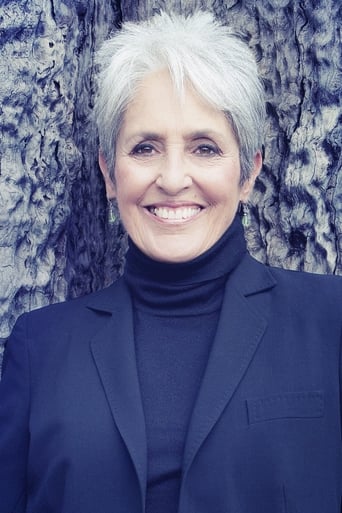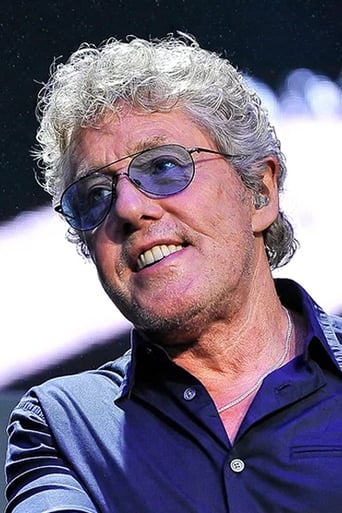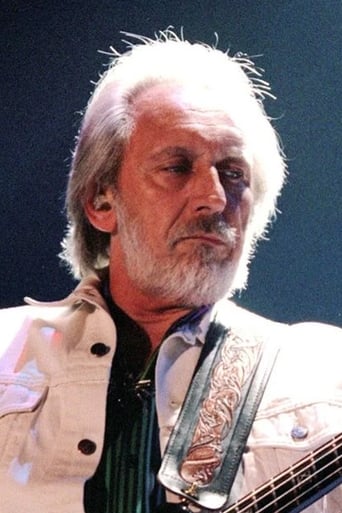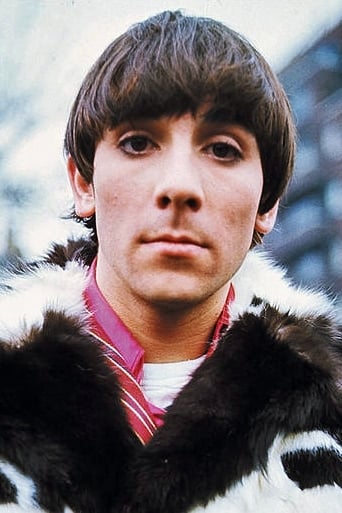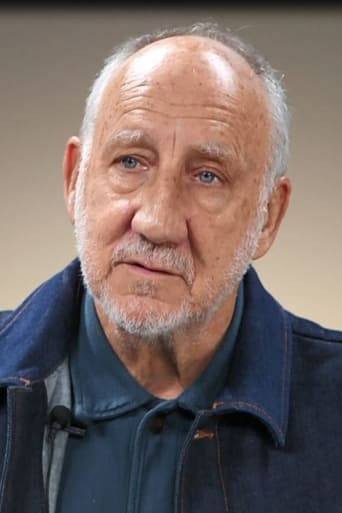ElMaruecan82
Approaching the age of 35, I wonder what exactly defines my generation, what am I going to excitedly tell my children when they will ask me how it felt to grow up in the 80's or 90's, when years started with 19-. Sure, I can describe the shapes of videocassettes, I can also hum a few tunes of my childhood or hit songs from the teenage years, but again, what does define my generation?They had musical and spiritual communion in "Woodstock" and what do we have: bum-bum contests in Cancun? Give me a break (and not a spring one)! Watching "Woodstock" made me realize the extent of what I missed by being born too many decades later, I missed a youth, one that really captured values youth stood for: peace, unity and community, fun, innocence and love. This sounds corny but imagine Woodstock happening today: everyone would see it live on TV or Youtube, stars would come with armies of bodyguards, there wouldn't be one but dozens of helicopters buzzing around the area, imagine the security guards, the anti-terrorist controls, imagine all the i phones being raised to the air. Woodstock wouldn't be Woodstock, in fact, we wouldn't even have a Woodstock.The Woodstock Nation people, as they called themselves, didn't even know it would be filmed; they came, listened and lived the music, experienced to the bone whatever this new counterculture meant. We remember colorful details such as skin-dipping, naked girls dancing in the mud after the rain or naturally, pot-smoking, but from the standpoint of these young baby-boomers, it was the experience of a lifetime, one their parents could never understand, a moment of communion that would have at least existed for three days, for peace and music, like the subtitle says. They didn't know they were filmed but they knew they were part of a historical moment, no doubt.And Michael Hadleigh had a hunch that this wasn't going to be any rock concert, with sixteen cameras, an editor and a young assistant named Martin Scorsese (and how appropriate that it had to be Marty's, of all the filmmaking debuts), they went to that deserted farm of upstate New York and started shooting. The film opens with green lands, far from the crowded visions rooted in pop-culture, local townspeople commenting the incredible sights, it feels like an invasion, too many youngsters, but the tone is surprisingly easy-going, it seems that for once, peace would be more than a slogan. And it happened, people came for the music and apart from the rain, nothing ever interrupted the festival, the concert was free, in every possible way.Freedom, indeed, that was even the first song to open the concert, by Richie Havens. Look at him, he struggles with his guitar, he wears shoe-sandals, he interrupts his song, this is not a 'star', this is a singer with all the noble and spiritual craftsmanship the word carries.I said Woodstock wouldn't be possible today but even if we dared to spend three days without our precious electronic devices, we don't have artists like Havens. I'm not even sure we had them ten years ago, listening to the voice of all these J-named singers: Joan Baez, Joe Cocker, Janis Joplin and Jimi Hendrix' electrifying rendition of the national anthem sent shivers down my spine, same with The Who, Santana, and even the names I didn't know about before watching "Woodstock". Every single one of them proved me that there was just something incomparable about music between the late 60's and early 70's.And the epic documentary finds the perfect balances between musical sequences and shots from the crowds when participants or cops give their two cents. One toilet-cleaner does it with a smile, he has a son in the festival and another in Vietnam, two visions of American, everyone has a saying about the event, sometimes, just a smile, a wink, say no more, there's the firm awareness that it is a significant moment of American history, one that became past when Hendrix and Joplin died in 1970, followed by Jim Morrison. Nixon resigned in 1974, and in Reagan's 80's, Woodstock would become a parenthesis… not to be forgotten though.I felt young again watching the documentary and listening to these songs, it was edited in such a way, with all the split screens, that I felt I was there, there was something really intimate as you could mix the experience with your own memories, a teen in the film is probably older than my father but for me, he was a kid. I wonder how many of them are still alive, I only hope they've watched the film again and realized that they were privileged people, they might not have had the adulthood they wished for but boy, they had the youth.Some generations can't afford this luxury, I don't think anything would defines the 80's generation, maybe it's a one-in-a-century phenomenon, but I wish I could feel part of something. Maybe this feeling of belonging to a community was integral to the success of Woodstock, but we also have communities right now, except that they are self-centered and antagonistic, there was an IMDb community but remember, they removed the boards, so… I don't think there would ever be a haven of peace like Woodstock in August 1969, it was too good to be true. But it was nice while it lasted.Now, I don't think the world was a more beautiful place by then, at the time of the events, Hollywood was stricken by the savage assassinations induced by Charles Manson and people died in Vietnam, and we don't live in a world devoid of beauty either, but "Woodstock" immortalized an era in one film and defined a generation.It all comes down to one thing, if anyone wants to know what was so great about the late 60's, watching "Woodstock" is enough.
pmcguireumc
This is one of those movies that you are always told "you have to watch". Woodstock was an event that has become iconic for what was supposed to have been the best of the 60's generation (though to be honest, i think the 60's generation is best summed up in the final scenes of the movie when the clean up crews are at work picking up after all of the spoiled white kids who left their crap laying all over for others to get).Nonetheless, this is a much more enjoyable film than other 60's standards, like Easy Rider (the most boring film I have ever seen) and Dr Strangelove (way over rated).As a piece of history, this movie is phenomenal. It is well edited, well paced, and thoroughly generous in its efforts to capture the work and efforts required to put such an event together (the building of the sets, medical care, feeding the masses (where's a messiah when you need one, right?) and the cleaning of the portajohns. I truly enjoyed all of the scenes with the organizers, and had to laugh at some of the reporter's questions.Musically, it is a hodgepodge, very hit and miss. This is why i give it a 7 out of 10. I can't understand the musical choices, though possibly, the passage of time has made our "favorites" decision for us rather than our being there. Who knows? Anyway - here's a selection of my favorites - Richie Havens was incredible. Santana was phenomenal. Joe Cocker was great (though his back up singer (the guy) left a lot to be desired). Joe McDonald was great and funny - had the audience eating out of his hand. Arlo was great.Sly was boring. the producer chose a terrible song from Joplin and it is a shame, as she is one of my favorites. Sha Na Na - have no idea why? Wish the Dead had been included, but from their perspective, they always say it was a terrible performance (though Jerry is featured in the beginning). John Sebastian (why did he bother?).I'm sure I am leaving some things out - but let me just say - Scorsese did a fantastic job editing the many many hours of footage together. One of his greatest achievements. what i will say though is that i agree with Ebert's review - when he pointed out that the music at Monterrey was better (it was 2 years earlier).Nonetheless - it is a movie truly worth watching - and i would say that the director's edition is enjoyable - can't say whether the short version is better than the long version - but i can say I enjoyed the directors cut.
hitherto75
When "Woodstock" occurred, I was a 15 y.o French teenager. Watching the film again, yesterday, I've been stunned by its quality, its objectivity and its strength. It's much more than a "concert movie" (especially compared to the current ones, with their feverish cranes and cameramen moves). Michael Wadleigh and his crew really captured the spirit of the event, as it became obvious it was creating itself. They seem to be everywhere and give the spectator an incredible range of focuses and points of view. I've never been truly excited by the musical performances during the festival, but there are some great acts and the multi-screen editing set them perfectly off (funny to watch the contrast between the blues-country-rock white bands and the glitter-dance-sexy background singer bound "Sly and the family Stone"!). Glad that Janis Joplin's wonderful and sincere performance has been added in the director's cut... As someone else wrote here, one of the main revelation in this movie is how the attendees are young. It's really about American young people at a peculiar period in western history, when the "baby boom" brought a new, numerous generation "on stage". When western countries were really young, with lot of innocence. One (swimming) girl in the film stresses that. She says "we are gathering in many cities in the world" "we come over". And that's true : 3 days long, young people made Woodstock a unique event. They overcome global media hostility, long walk, crowded and muddy field, food shortage, etc (well, that's what youth is for!). Thanks to Wadleigh to have capture it (and thanks to the perfect re-mastering). PS : I'm sure that no full-of-money-movie-maker filming a musical festival these present days would make an interview of the-man-who-is-in-charge-of-the chemical-toilets (who has a son here and another one piloting a chopper in Vietnam)! A true mark of the 60's-70's era...Thierry Follain
